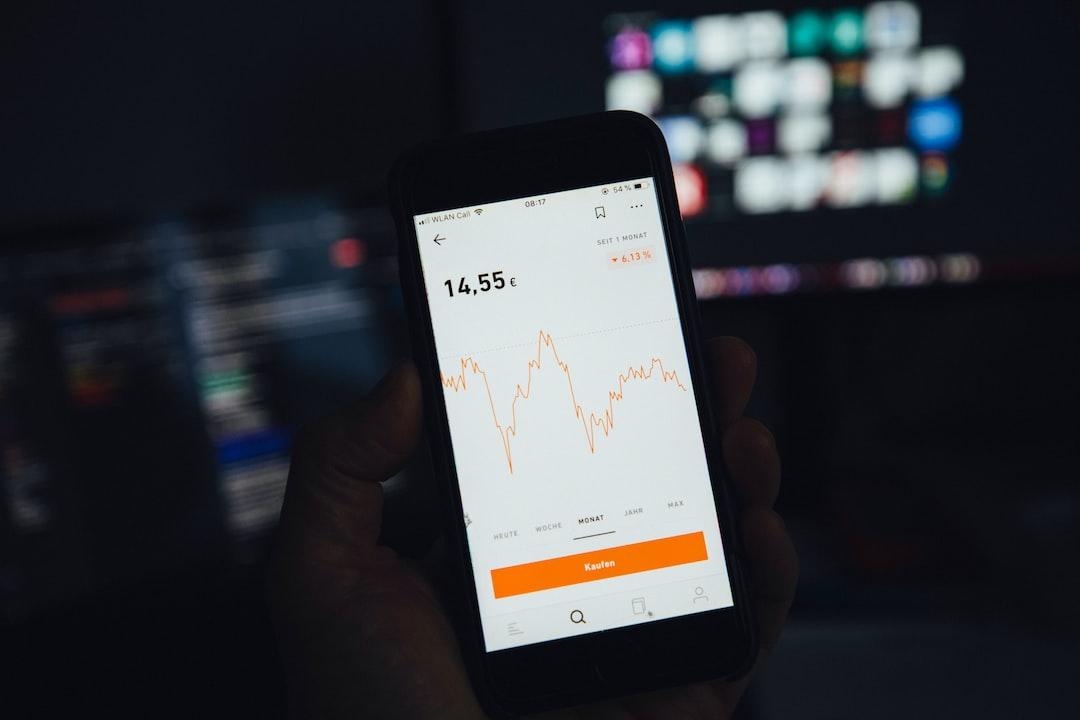Diamond Standard Co. has introduced CARATS, an innovative blockchain payment system that aims to overcome the regulatory challenges faced by centralized exchanges and payment services. CARATS differentiates itself by utilizing tokenized diamonds, which are backed by real-world commodities, to facilitate payments, remittances, and wealth transfers between users.
Users have the option to purchase full or partial amounts of these tokenized diamonds, trade them, transfer them, cash out for local fiat currencies, or exchange the tokens for physical diamonds. To enable this, Standard Diamond Co. mints physical coins and bars embedded with real diamonds and an integrated chip that can authenticate the diamonds and broadcast the tokenized version of the asset on the blockchain.

The CARATS system offers multiple ways for users to send these tokens, including SMS and various social media platforms, making it convenient for the unbanked population to engage in electronic payments. Unlike cryptocurrencies, CARATS is a system that revolves around the transfer of receipts for physical commodities, which exempts it from the typical regulatory obstacles associated with money transmission services.
Consequently, CARATS can function as a payment hub without the need to obtain a money transmitter license in every jurisdiction where the service operates. In contrast, Elon Musk’s X social media platform faces similar hurdles in its ambition to become a social network with an integrated payments system.
In 2023, X managed to obtain money transmitter licenses in several U.S. states, including Missouri, Michigan, Arizona, Georgia, Maryland, New Hampshire, Pennsylvania, South Dakota, Kansas, Wyoming, and Rhode Island. However, the platform still needs to acquire licenses for all 50 U.S. states and every country where the money transmitter service will be active.
Diamond Standard CEO Cormac Kinney acknowledged the difficulties in acquiring these licenses, stating, “Even forward-thinking payment innovators like Elon Musk struggle with this challenge. His X platform is currently unable to operate as a money transmitter in 34 U.S. states and 200 other global jurisdictions.”
Similarly, centralized cryptocurrency exchanges face the same issue of obtaining money transmitter licenses and other necessary permits to operate in various jurisdictions. Despite these stringent regulations, certain centralized crypto exchanges with licenses have engaged in questionable practices, leading to their downfall and the loss of customer assets, most notably FTX in 2022.
The process of acquiring regulatory permits is often arduous and time-consuming. Recently, IBTCEX, Huobi HK, QuanXLab, and four other exchanges withdrew their applications for operational permits in the Hong Kong market.

